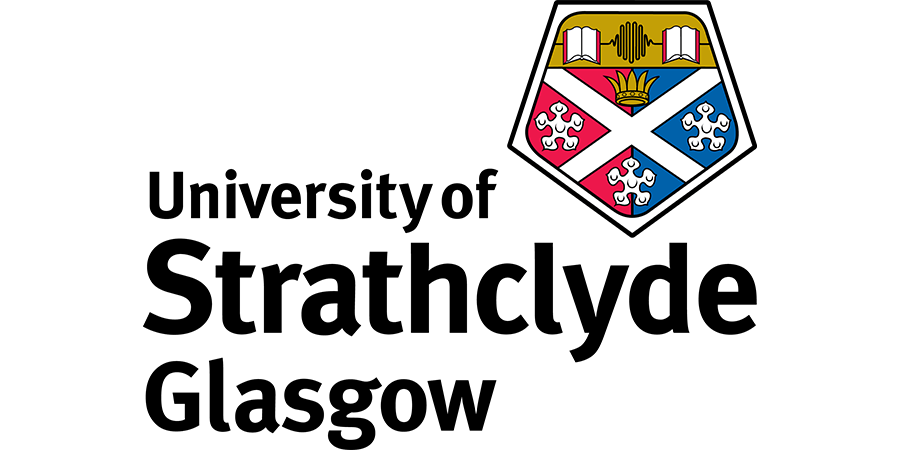PhD Studentship: The Political Economy of the Climate Transition
University of Strathclyde - Department of Economics
| Qualification Type: | PhD |
|---|---|
| Location: | Glasgow |
| Funding for: | UK Students |
| Funding amount: | Please refer to advert for funding details. |
| Hours: | Full Time |
| Placed On: | 24th June 2025 |
|---|---|
| Closes: | 31st July 2025 |
Project summary:
A transition to net zero is desirable overall, but its costs and benefits are unevenly distributed across time, space, and between individuals, and policy to implement it must be enacted through the political process. This project will explore the political frictions which make the Climate Transition so difficult.
Subject areas (select up to 10): Economics
Start date: 1st Oct 2025
Deadline: 31st July 2025
Duration: 36 months
Funding: Funded
Funding towards:
Home fee/international fee
Stipend - UKRI stipend rate for UK students.
Funding details: Fully funded scholarship for 3 years covers all university tuition fees (at UK level) and an annual tax-free stipend. International students are also eligible to apply, but they will need to find other funding sources to cover the difference between the home and international tuition fees. Exceptional international candidates may be provided funding for this difference.
Number of places: 1
Number of places extra: There will be a shortlisting and interview process.
RCUK eligibility: No
Eligibility:
We look for a first-class or upper second-class UK Honours degree, or overseas equivalent, in economics or a related subject, and we normally expect a Masters degree in Economics, or overseas equivalent, that includes core classes in Microeconomics, Macroeconomics, Econometrics and a dissertation or research project. Alternative qualifications and/or experience related to the research project will be considered.
Study modes eligibility: Full-time
Fee Status: What fee status applies to applicants? Please omit any of the below that do not apply:
- Home
- International
Project Details:
The Climate Transition passes any cost-benefit test at the aggregate level. However, costs and benefits are unevenly distributed, and implementation requires continuous popular buy-in. Furthermore, policy decisions are made through the political process, and this process itself can impede certain policy. This project involves summarising models of political choice (e.g. the median voter, probabilistic voting, citizen candidate, etc models) with a view to characterising frictions to implementing effective climate policy. This approach will be applied to specific policy challenges. E.g. consider household decarbonisation: this is expensive, with large upfront costs, but with ongoing cost savings once investments have been made. The liability to make these investments is tied to ownership of expensive assets (residential property). Other issues include the lack of access to credit for poorer sections of society; the existence of social landlords who can alleviate credit constraints for poorer households; the enhanced credit access individuals have when mortgaging property; and the trade-off between public expenditure crowding-in investment from wealthy individuals, against any political backlash that may come from subsidising the already wealthy. What should policy be ideally? And what should policy be when we take in to account the constraints that come from the political process?
Primary Supervisor: Dr David Comerford
Additional Supervisor/s: Prof Alex Dickson
Further information: The successful applicant will join the Energy and Environment research cluster in the Department of Economics in Strathclyde Business School, and will be part of a growing number of PhD students working on the transition to net zero. This project forms part of a collaborative relationship with the Institute of Economics within the Department of Business Science at Technische Universität Braunschweig, Germany, which is an International Strategic Partner of the University of Strathclyde. There will be an opportunity to collaborate with colleagues from TU Braunschweig, as well as spend some time there.
Advert information
Type / Role:
Subject Area(s):
Location(s):









